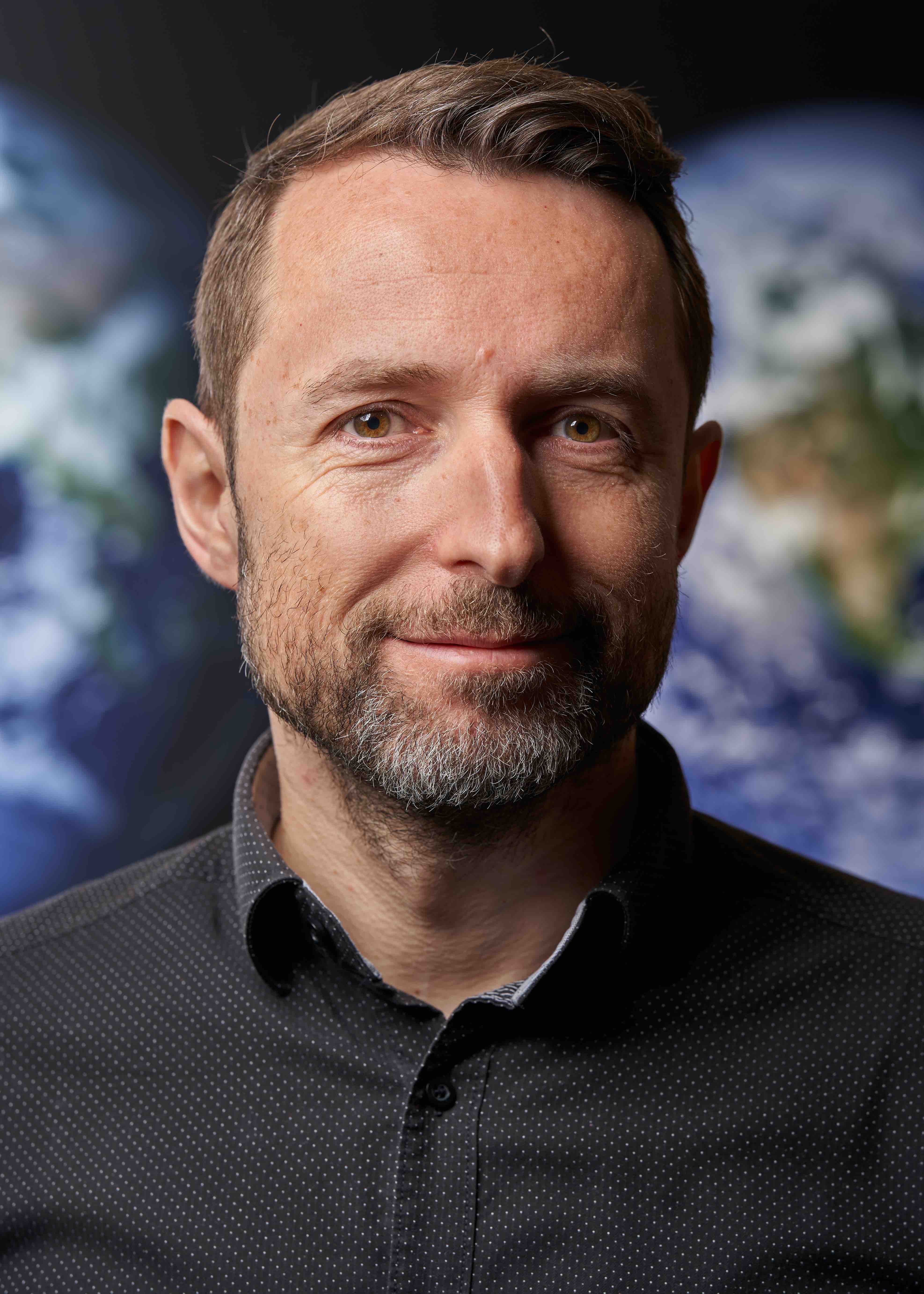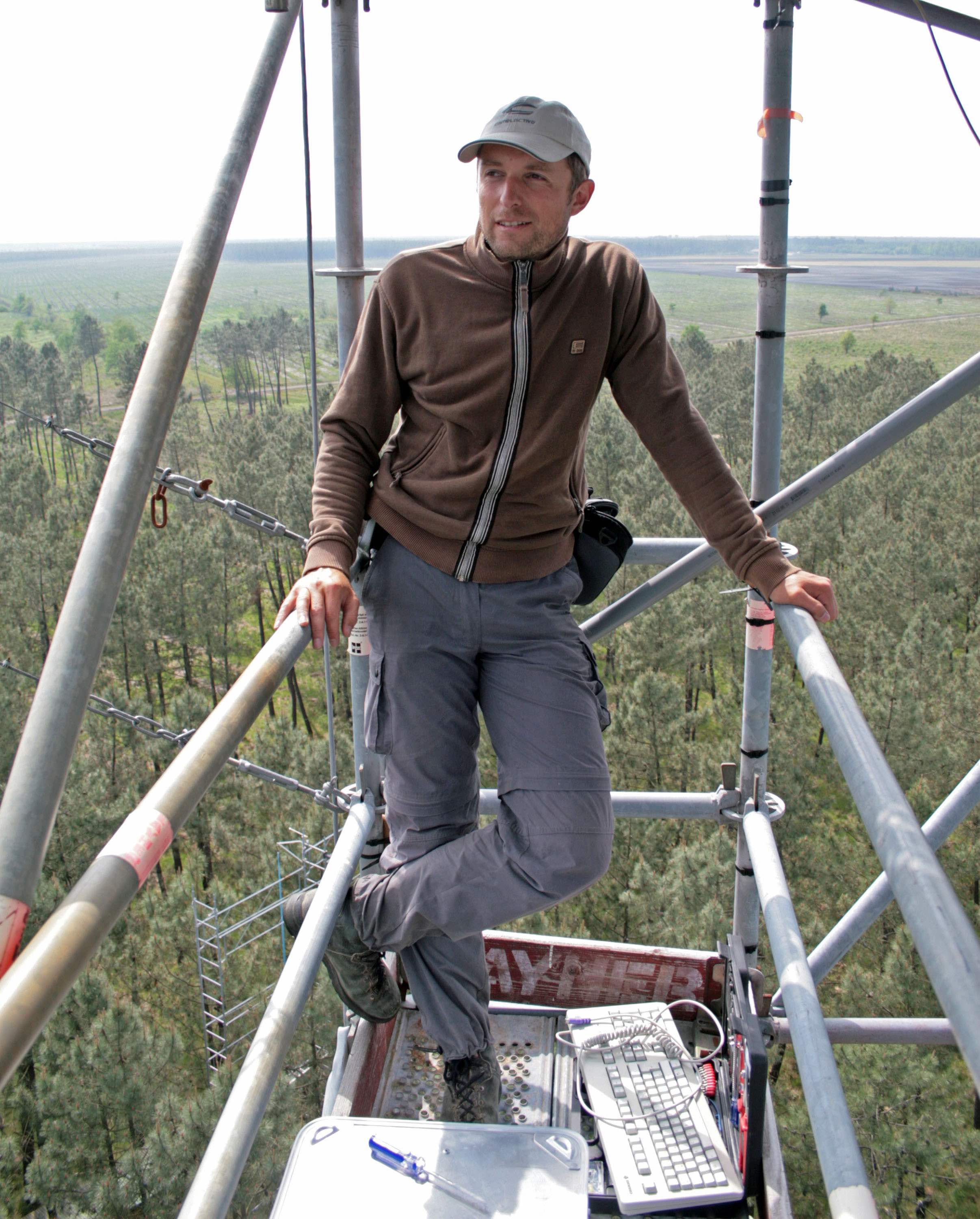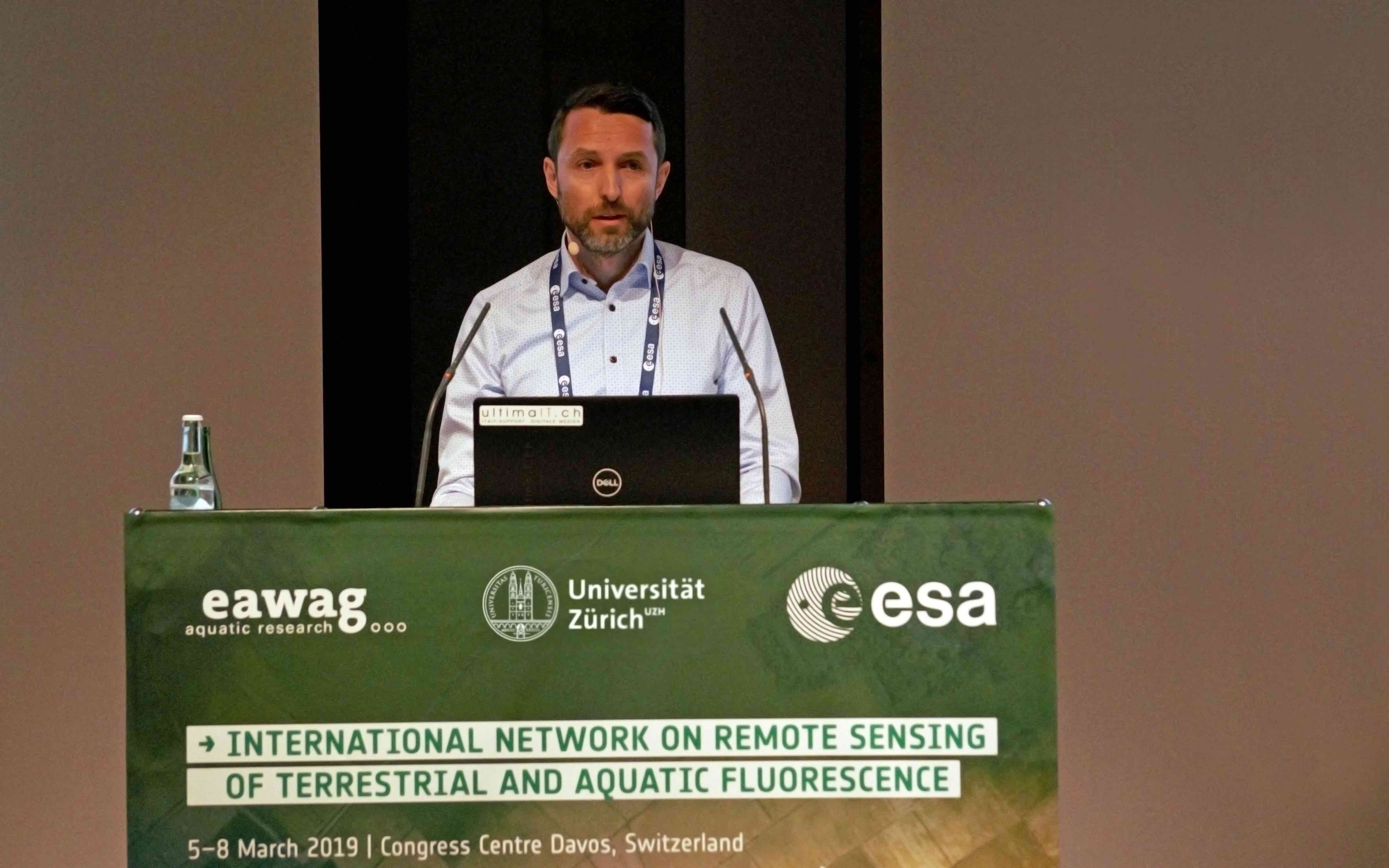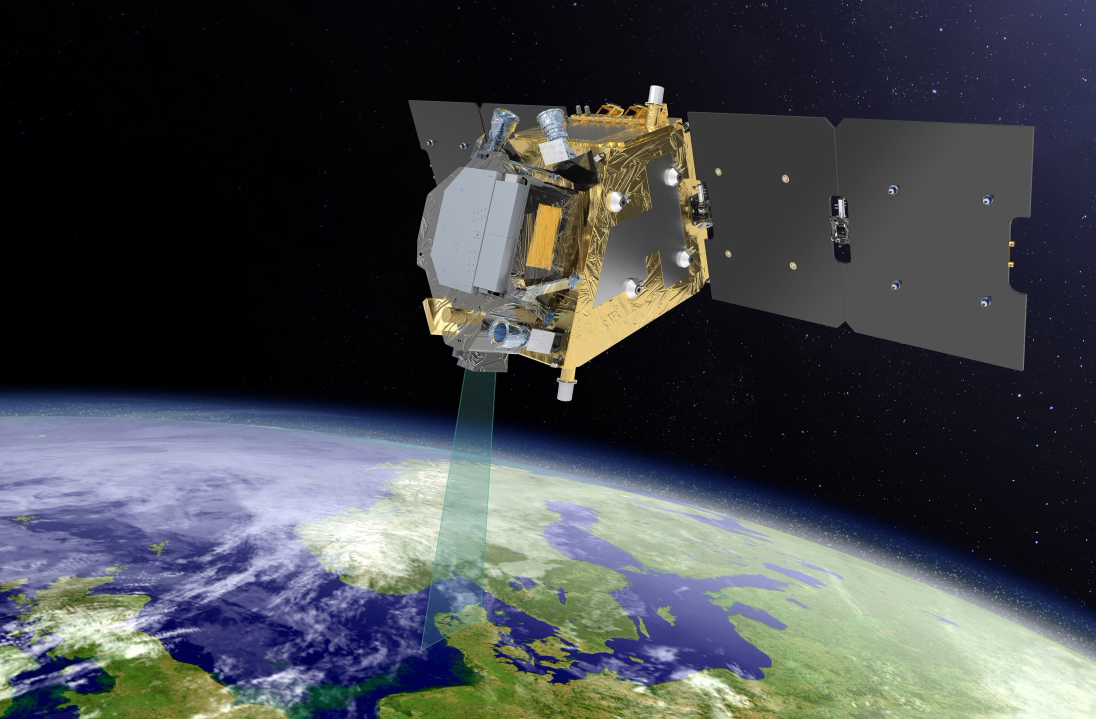Meeting a Space Scientist: Prof. Alexander Damm
This month we have interviewed Alexander Damm, professor at the Remote Sensing Laboratories of the University of Zurich. His research focuses on applications of remote sensing techniques to study water systems on our own planet. Would you like to know more? Then, read the full interview.


What is the main area of your research?
Remote sensing, particularly the area of imaging spectroscopy. We develop methods to extract information from radiance measurements and combine these data with mechanistic models to study, for example, components of the terrestrial water cycle or phytoplankton dynamics in aquatic ecosystems. With our activities, we also contribute implementing remote sensing infrastructure, particularly ESA’s Fluorescence Explorer (FLEX) satellite mission.
What did bring you to the Space sector?
Honestly, everything started down-to-earth with lots of fluorescence measurements in crops and forests during the CEFLES-2 campaign in 2007. Since then, I am excited about this measurement challenge and the wide range of related applications (e.g. global assessments of photosynthesis and vegetation gas exchange). I stayed substantially engaged and, meanwhile, I am member of the mission advisory group for FLEX.
What do you like most about your job?
It is in fact the combination of research activities to develop new remote sensing methods and applications, strategic work to bring the development of Earth Observation infrastructure forward, and teaching to inspire our students and possibly engage them for these fascinating topics.

What do you like most about Space?
Space enables us taking a complementary perspective to study our planet. Observation systems installed in space provide unique insights to better understand processes and dynamics of the Earth system.
What would be the greatest achievement in the Space Sector?
Establishing Earth Observation infrastructure that accounts for inherent dynamics of Earth system processes would be great. This way, scientists will gain deeper understanding on the fragility of the Earth we urgently have to take care of. With its launch in 2023, the FLEX mission will be one of many steps in this direction.
You are part of the UZH Space Hub: What do you think this will mean for you and your research?
The UZH Space Hub provides a unique platform to meet colleagues from different disciplines that share the fascination for space research. Just one example, astrophysics and remote sensing partly share similar methods although looking in opposite directions. The Space Hub enables the exchange among fields, which is stimulating and can be mutually beneficial.
